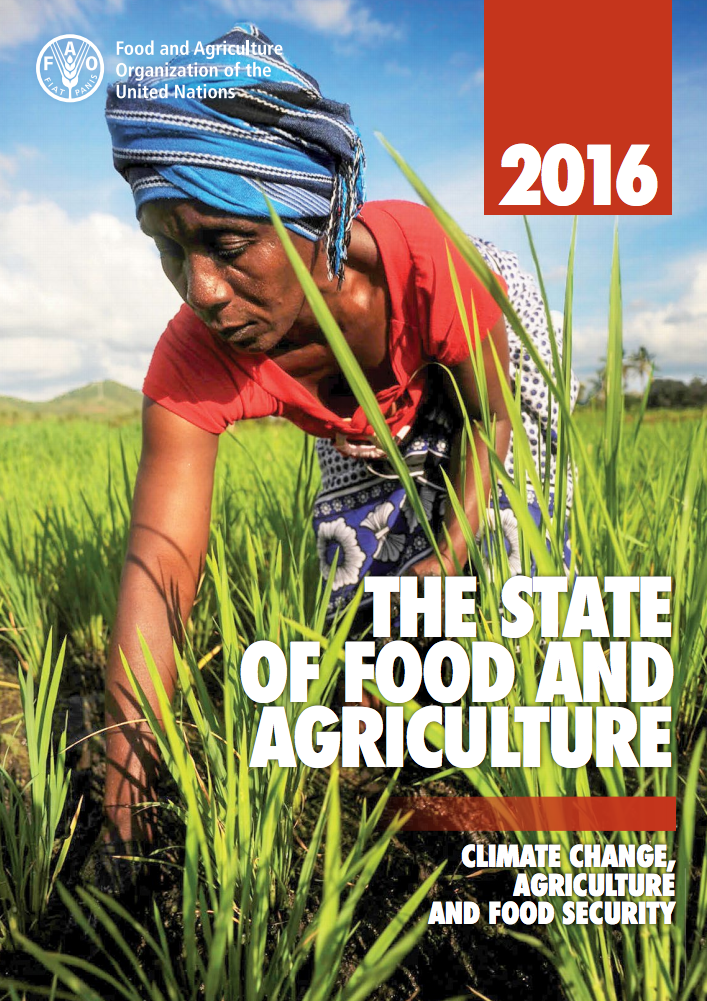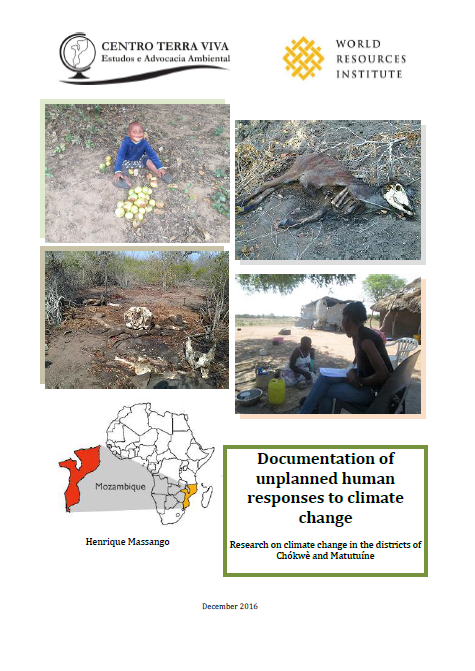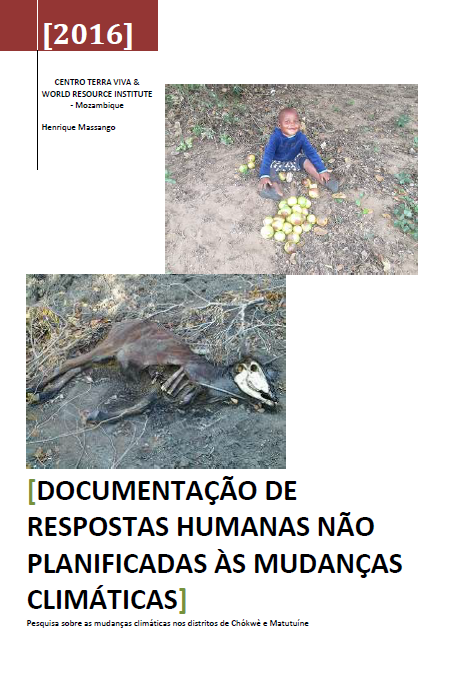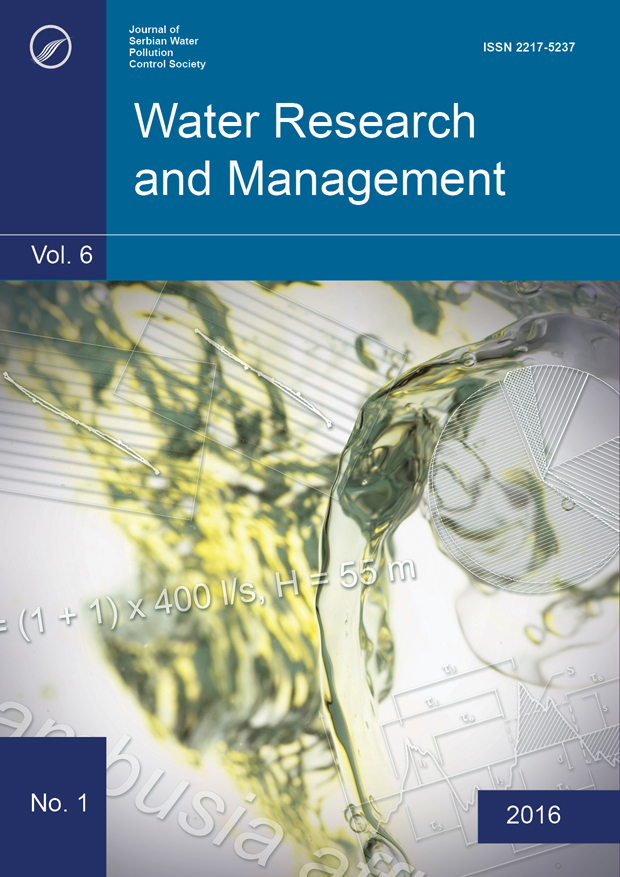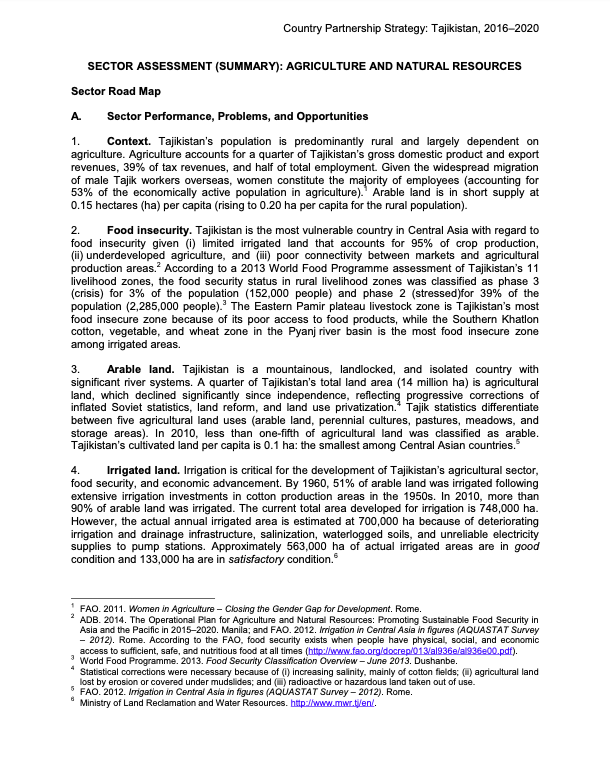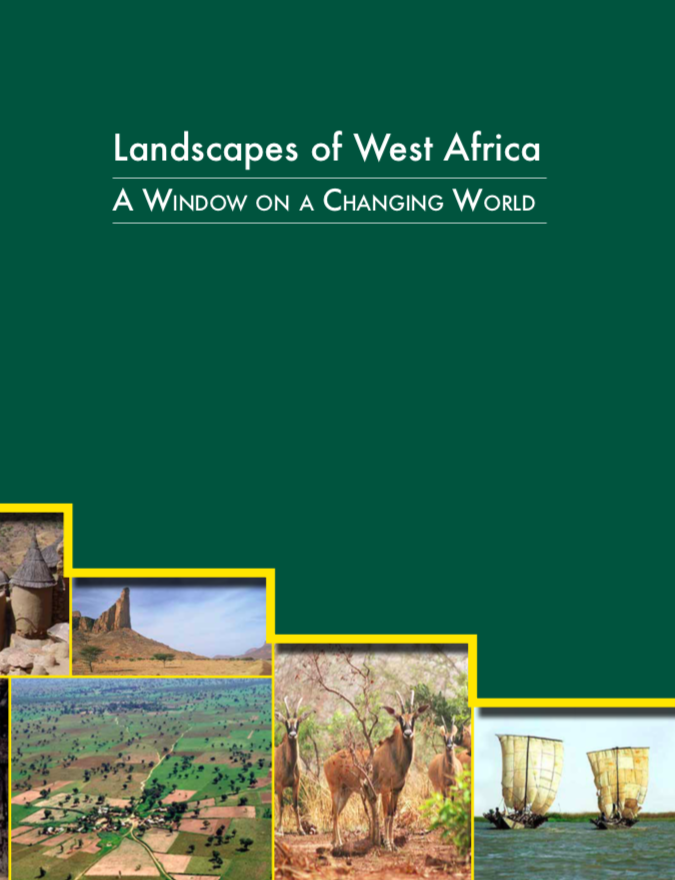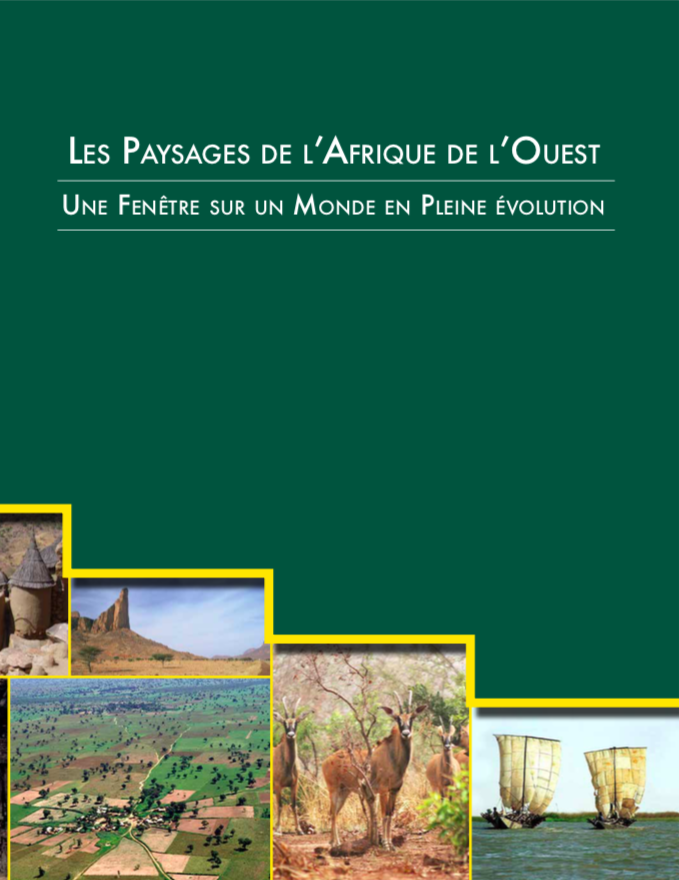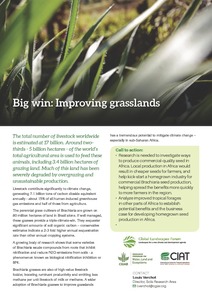El cambio climático, la agricultura y la seguridad alimentaria
El mundo se comprometió a erradicar la extrema pobreza y el hambre en 2030, llevándolo de regreso a una vía sostenible. El cambio climático amenaza con revertir el progreso que hemos logrado hasta ahora en la lucha contra el hambre y la pobreza. De no controlarse, podría poner en peligro la capacidad de los sistemas alimentarios para asegurar la seguridad alimentaria mundial. El cambio climático está socavando los medios de subsistencia y la seguridad alimentaria de las poblaciones rurales pobres.

